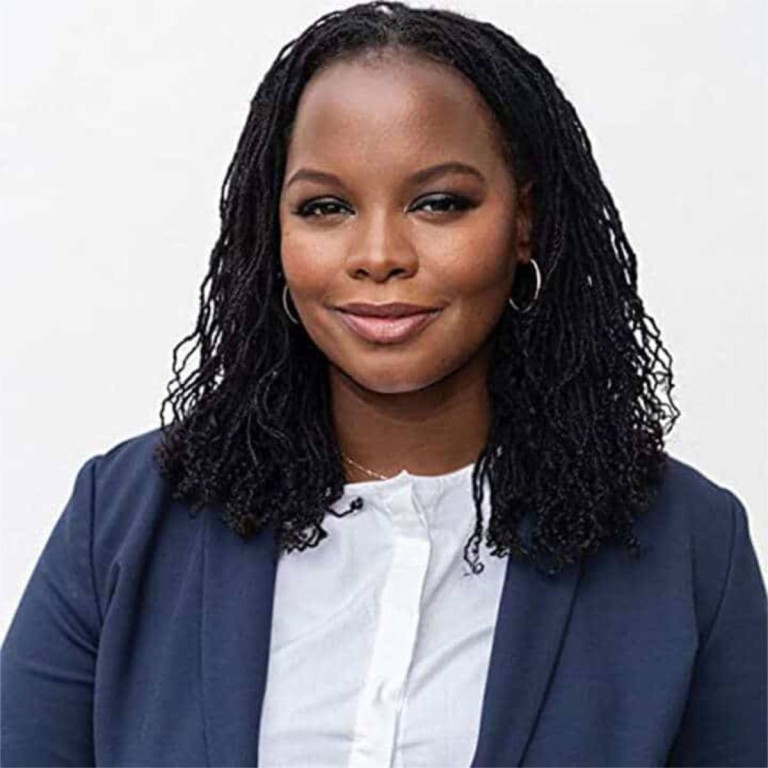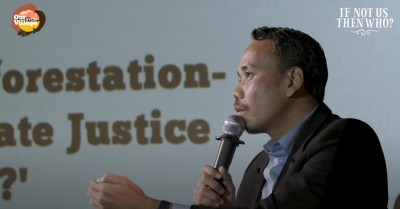Positivity is a Privilege
Transcript
- First of all,
- I just want to say positivity is a privilege, right?
- When you ain’t got to worry about where your next meal coming from, you ain’t got to worry about being on the front lines, right? And your kids possibly be on the front line.
- You ain’t got to worry about stuff like that. You get to be positive. That’s a privilege.
- So in terms of this whole, let’s get away from the doom and gloom.
- Stop harming us. Stop harming people. People always say, well, stop talking about racism, there is another movie about racism, another. Stop being racist.
- Right? Like if you talk a hint about it, stop being It.
- Right? Like if you got hit by, it’s not bad it?
Positivity can certainly be easier to cultivate and maintain when one’s basic needs are met and they have a certain level of privilege. Privilege can come in various forms, such as financial stability, access to education, good health, a supportive social network, and more. These factors contribute to a positive mindset and outlook on life. Because marginalized racial groups often face systemic discrimination and oppression, they experience racial profiling, unequal access to resources, and social injustices that make it difficult to maintain a positive outlook. It is important to acknowledge that systemic racism and its effects can hinder the ability to experience positivity on an equal footing.While it is crucial to remain hopeful and take action to address climate challenges, some communities, particularly those already disproportionately affected by environmental issues, find it more challenging to maintain a positive outlook. Frontline communities experience the immediate impacts of climate change, such as severe weather events or displacement due to rising sea levels and struggle to find positivity amidst their struggles.Individuals from marginalized backgrounds often face numerous barriers and obstacles that can impact their overall well-being. Economic inequality, lack of access to quality education and healthcare, and limited opportunities for social mobility also contribute to a cycle of disadvantage. While positive thinking can be beneficial, it’s important to recognize that individuals facing systemic inequalities have legitimate reasons to feel frustrated or discouraged. As Kavon states “stop harming us”, start listening more. It’s crucial to approach these topics with sensitivity and empathy, recognizing that individuals from marginalized communities have different experiences and perspectives. Promoting equality, addressing systemic issues, and working towards positive change are essential steps in creating a more inclusive and equitable society for everyone.

How to transform the system?
Those most affected by the climate crisis are also those with the least power to decide and act on it. Tackling climate justice demands a shift in power, not only to repair frontline communities, but also to make sure that those who negotiate, sign and approve are also those most knowledgeable of what needs to be done to stop the crisis.


